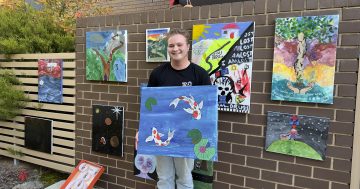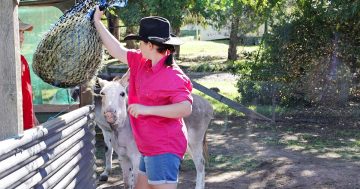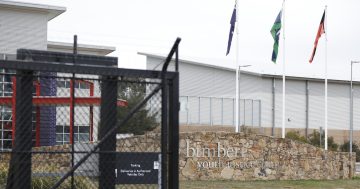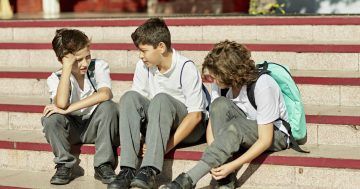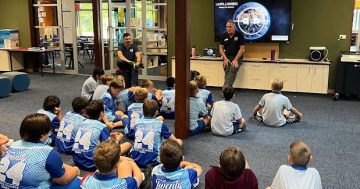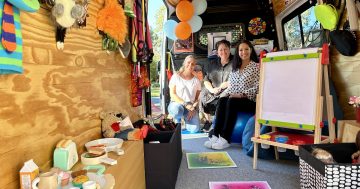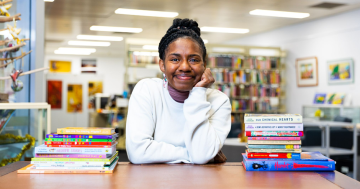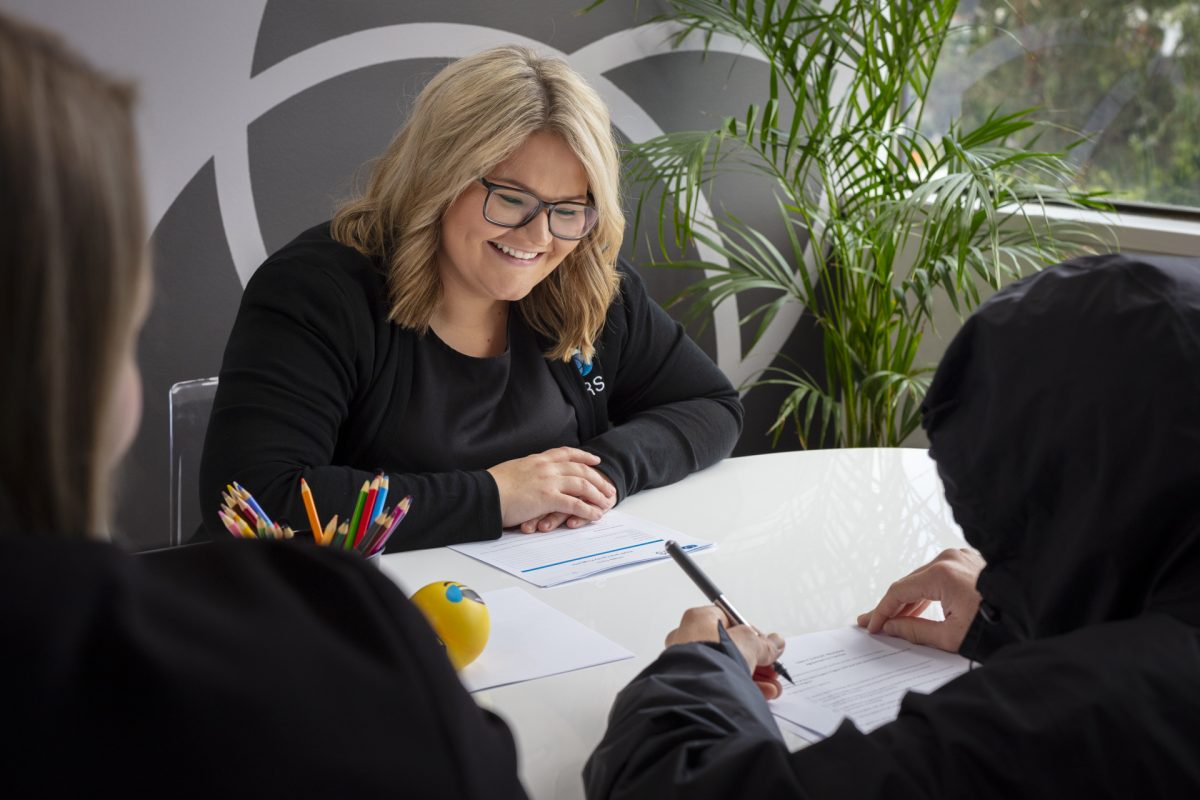
Cindy Young says the Safe and Connected Youth Program aims to keep young people engaged during the school holidays as they experience family conflict. Photo: Region Media.
There’s more than just fun activities planned in this school holiday program with a difference.
Part of the Safe and Connected Youth (SACY) Program run by Conflict Resolution Service (CRS), it’s a nationally accredited mediation service operating in the ACT in partnership with Marymead and funded by the ACT Government.
One of the program’s offerings is a school holiday program for children and teenagers living away from home.
“The Safe and Connected Youth Program offers a therapeutic accommodation element for young people at risk of homelessness and provides a circuit breaker in a safe place,” CRS senior manager of services Cindy Young said.
The program assists young people aged eight to 15 years experiencing family conflict and at a higher risk of experiencing homelessness due to family breakdown.
This may see them stay in accommodation during the school holidays, a time many others spend with family. That is where the school holiday program comes in.
“During their stay, they are working on family reunification or restoring family relationships,” Cindy said.
“The goal of the school holiday program is for young people to engage in positive behaviour during the holiday period, which can often be a time when young people become bored and can partake in more risk-taking behaviours.”
Cindy said the program was about more than kids having fun.
“We’re not only providing fun activities for them to do, but there’s also the intent to show them what they can do and get them to feel like they can achieve things they might not have been able to do before.”
The school holiday program is driven by the young people themselves.
“We very much understand that there’s no point in a bunch of adults deciding what young people want to do for fun,” she said.
“That also helps them feel like they’re being heard and they’re being seen because we’re fulfilling their wishes, we’re listening to what they’re saying and implementing things they’ve asked for.”
Activities have included going to the movies, hosting soccer matches, the Big Splash waterpark and attending community events.
“We hope they engage with other young people within the community and build up those relationships across their peer networks and, hopefully, give them bigger support networks as well.”
The program not only works with the young people involved, but also supports their families and friends.
“The program has definitely been orchestrated in a way where our therapeutic youth workers and therapeutic case managers will support the young people,” Cindy said.
“While they’re doing that, they’re engaging in conversations around their home life, their wellbeing, how things are going for them and working to identify if there’s any further support those young people may need.”
Cindy said the program helped participants to develop interpersonal skills and increase the quality of their relationships.
“It can be hard at times for young people to form relationships, so the program has provided an opportunity for that.”
The program timetable follows the ACT school calendar, meaning the breaks line up.
Cindy said sponsor Rotary Canberra helped support the young people involved in the SACY Program, which included Ruby’s House.
“This then supports all of our families and can reduce the financial stress of having to find things to do during the school holidays.
“It can reduce family conflict because of young people being bored or creating conflict because there’s nothing to do at home.
“It has been a real positive for the young people and the families who have been involved in the program.”
For more information about the Safe and Connected Youth Program visit CRS.













